3 letters, love them or loathe them: D.L.C
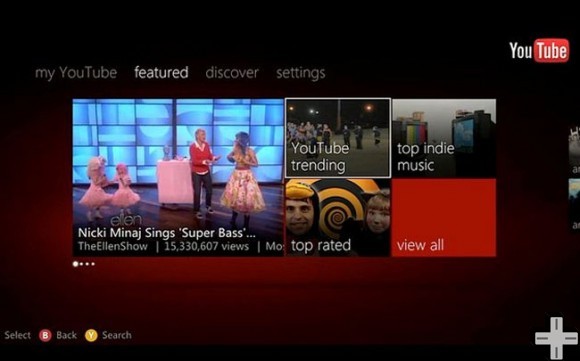
As the push into digital gaming continues at an alarming pace there is a worrying trend appearing in the world today. Downloadable Content or DLC as it has become are three terrifying letters that could either spell the end of the traditional game experience forever or just make us bankrupt.
While it is true that DLC has been around on the PC for absolutely yonks under the pseudonym “Expansion Packs,” extra content for the home consoles is a relatively new experience and one that is starting to emerge on the handheld market. The idea of DLC is simple – too add extra depth, extra levels, extra anything the developer wants you to have to enhance the experience of the game.
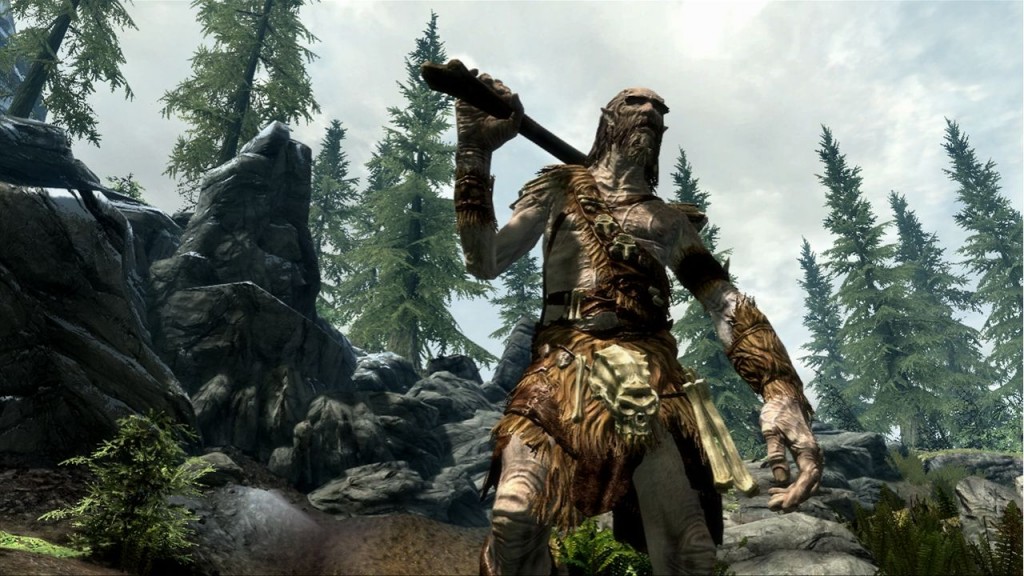
A smart idea? Maybe. Let’s look at an example: From day one Battlefield 3 was around the £40 mark to buy. Add on to the cost for additional content that currently sits at approximately £10 per pack (by the end of 2012 there will be four packs). That is another £40 for more multiplayer maps, weapons, and missions. That is money that could have been spent on a new experience with another game.
Of course, this is but one example but with more and more games moving toward this model – Max Payne 3 has 6 pieces of additional content already announced on top of the base game, and let’s not forget the inevitable Call of Duty content that will be required. It is just getting out of hand. One may counter the argument with, “if you don’t want it, you don’t have to buy it.” However, a recent update to the PlayStation trophy section means trophy content is loaded onto your system even if you haven’t purchased it. This means for the completist out there that may not be able to afford additional content will never be able to fully complete the game they bought. The cheeky scoundrels.
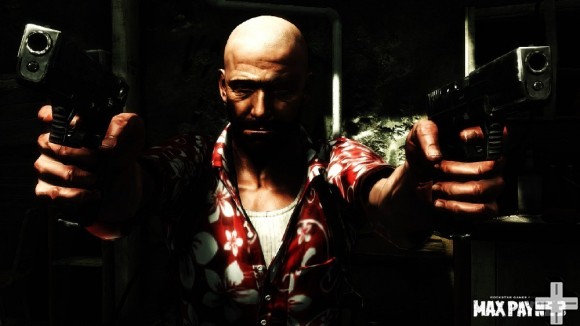
It is a clever way for the company to make money as it keeps the players hooked to their game. Like a dealer selling drugs to the masses, people will keep coming back and as such will be able to have advertisements added to the game ala Deus Ex or Burnout, and every company knows more money = better. Back before the days of Wifi and the internet, if you bought a game on a PlayStation, SNES or Mega drive, that is what you got. No more and no less. It had to work and was improved upon with a sequel. Downloadable content removes the need to expand on the story and not attempt to better the experience.
Instead, due to a series of content update gamers are stuck with paying more for a complete game that just adds a couple of maps here or there. Of course some games do offer free DLC – such as Gotham City Impostors, which is a great idea, but wouldn’t of more development time to include everything been an better idea?
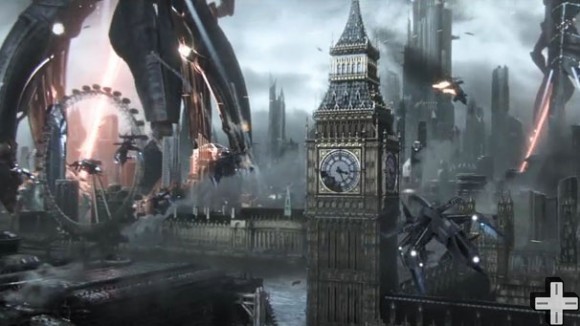
The answer of course comes back to money. Developers can get their product to the shelves quicker and see the reddies rolling in, then can sell periodic content to make… well more reddies roll in. Business wise, Downloadable content is a great idea, but for gamers it is an annoyance to pay for more of the same game. What is really more annoying is when the content is loaded onto the disc (Looking at you Capcom) as there is no justification to charge to unlock more content that was in the game from the get-go.
Another example of the tide changing for content is the case of Mass Effect 3. The additional content was used to close the book and provide definitive answers that fans did so desire. Granted the content was free but this shows that fans are demanding an ending that wasn’t suitable. In the old days, the developer would have just left it at that. Take for example Sonic Adventure, it was glitchy on the Dreamcast and it is still glitching all over the Xbox marketplace.
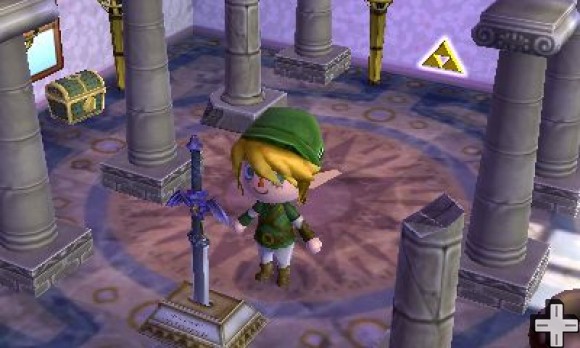
It seems then that DLC is the easy way out, if a developer doesn’t like what is produced, or in fact neither do the fans then a game has to be changed. It may seem like an old archaic point of view to take, however should a work of art be it Music, Movies or even Video Games themselves be left as exactly that? Its not only changing things, it gives the opportunity for designers to earn more money and for us to spend it.







